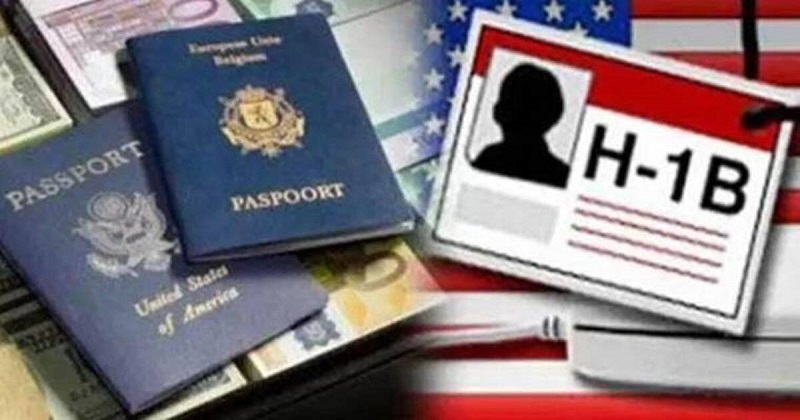
US Citizenship and Immigration Services (USCIS) final rule that would expand premium processing to additional case types, including I-765 employment authorization applications, has passed the Office of Management and Budget (OMB) review. Premium processing of employment authorization documents (EAD) would benefit a significant number of H-4 visa holders (spouses of H-1B visa holders). A number of H-4 visa holders have lost their jobs because their EAD was not processed on time.
The main challenge is that an H-4 visa holder can only apply for an EAD six months prior to the expiration of the current work authorization document. In some cases, a settlement following a lawsuit with the USCIS has helped H-4 EAD applicants. As the final step in the rule-making process, this review by OMB leads to the publication of the rule in the Federal Register. The rule is then implemented after a prescribed period of time.
In October 2020, the US Congress passed a funding bill that authorized USCIS to expand premium processing to include additional immigration applications and petitions. On this list are the forms I-765 and I-539, which, due to significant backlogs, are needed for applications for employment authorization (for H-1B and L-1 visa holders) and family members (for other principal non-immigrants).
Mitch Wexler, partner at Fragomen, a global immigration law firm, explains, ‘The final rule will likely follow the same case types, fees, and timelines outlined in the October 2020 legislation, even though the text of the final rule has yet to be finalized and remains confidential until published in the Federal Register’.
According to Wexler, USCIS will start a phased implementation of premium processing over the course of several months or more, instead of doing it all at once. The fee for processing an EAD under the October 2020 legislation was set at a maximum of $1,500 and the processing time limit at 30 days. Mixed reactions have been expressed as to whether or not premium processing will be rolled out to EADs. It was perceived as unfair that USCIS should charge an additional fee to compensate for its own delays.

Post Your Comments